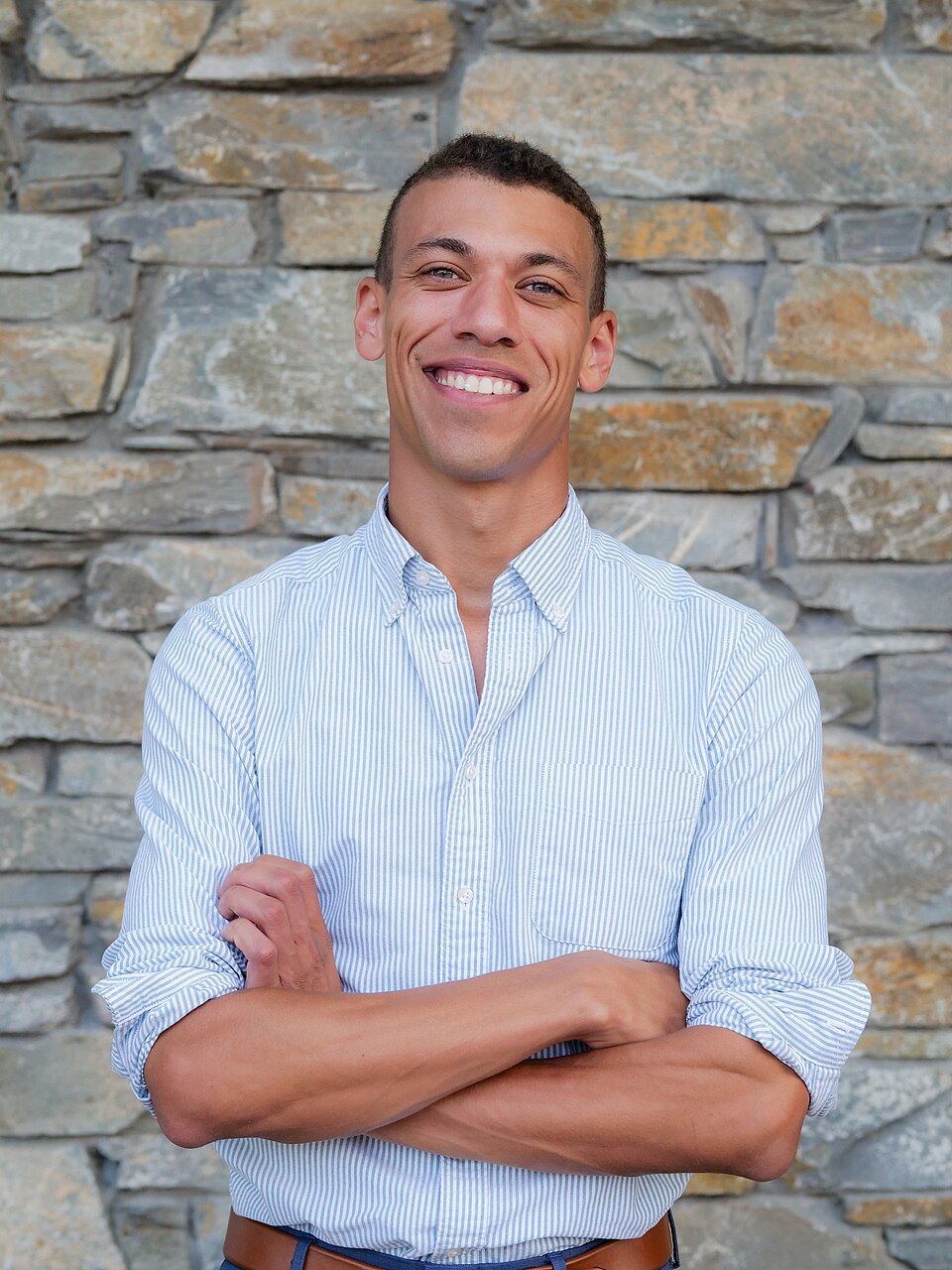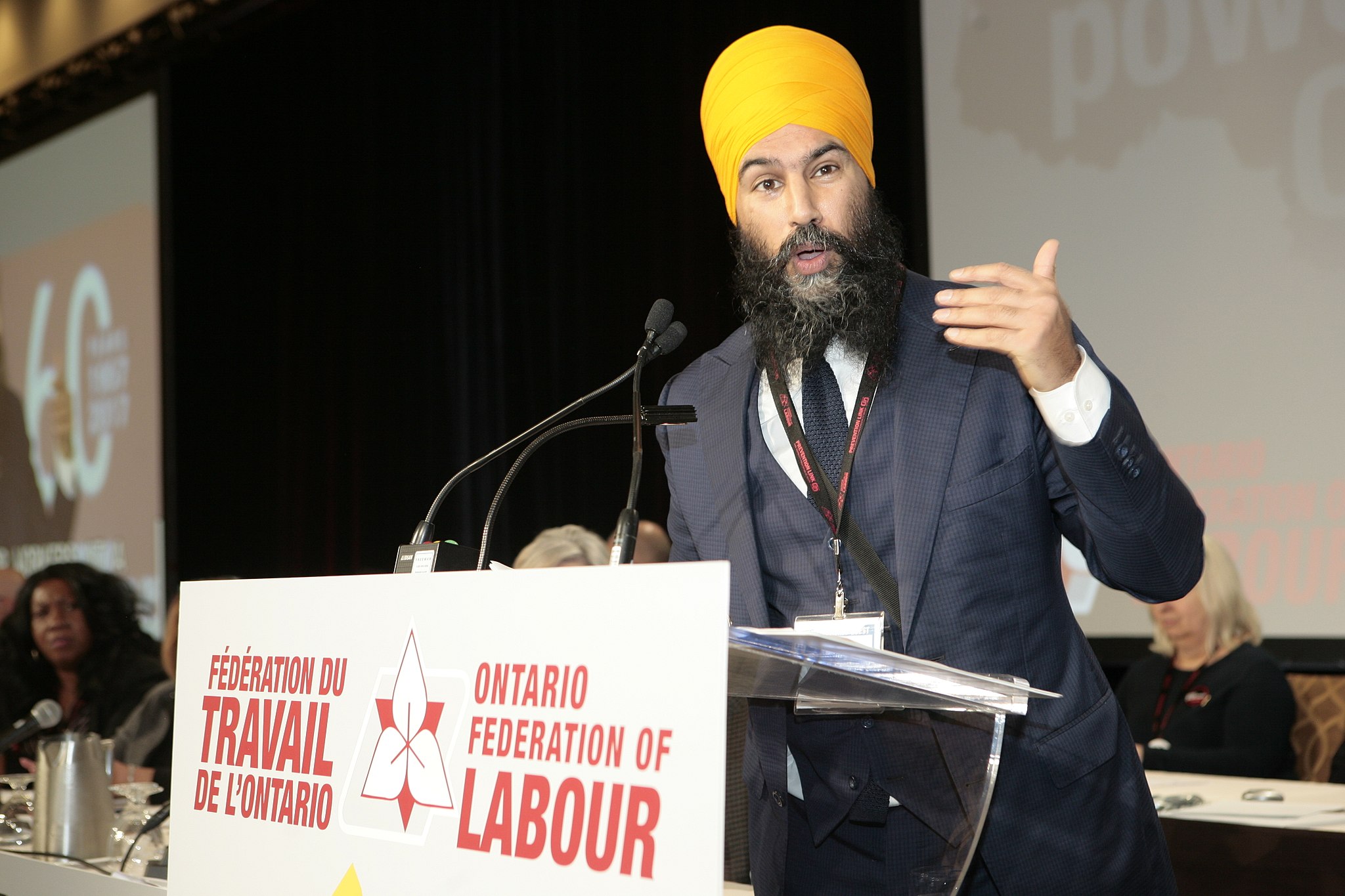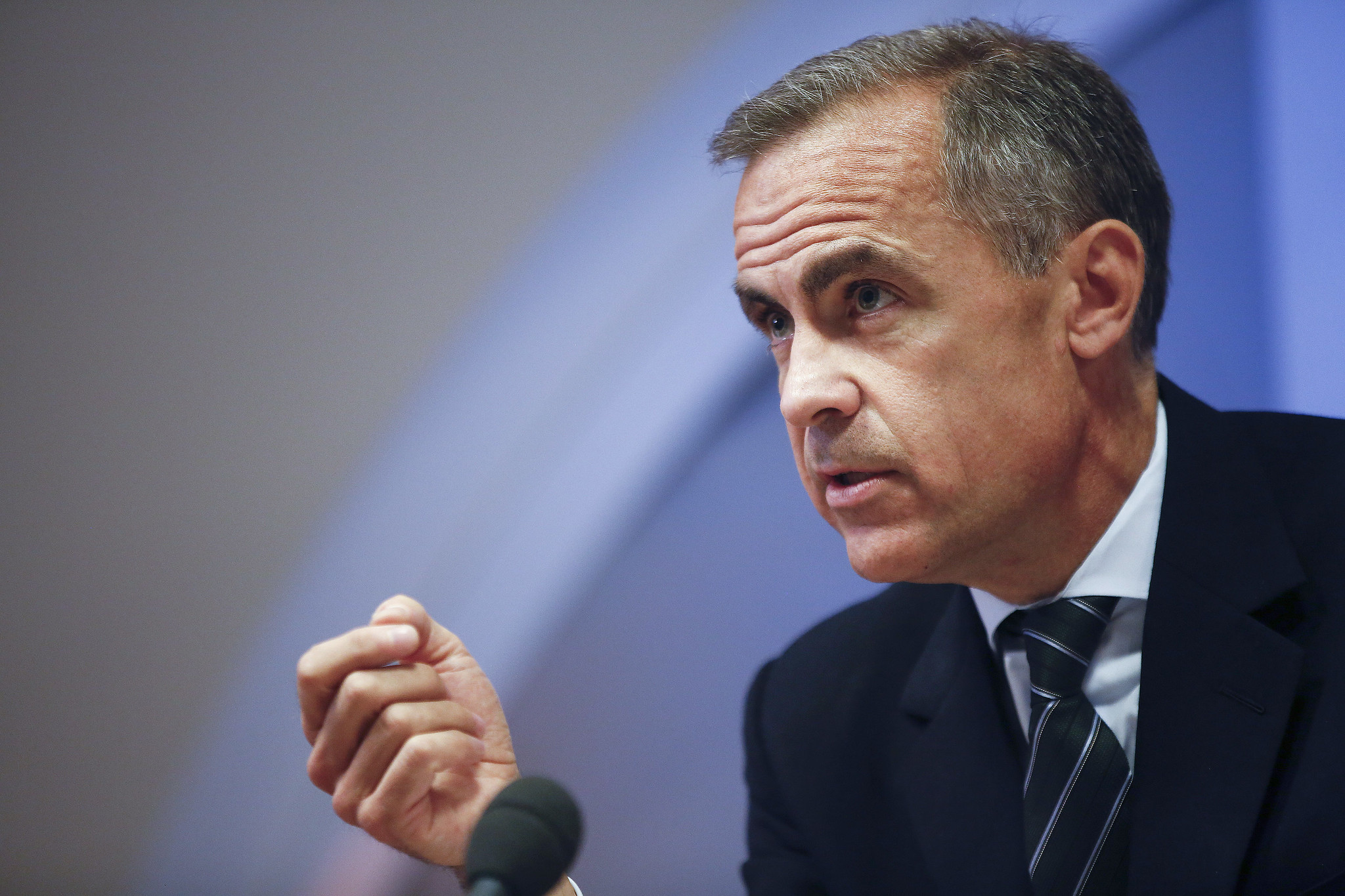Jonathan Pedneault, co-leader of the Green Party of Canada (2025–present), human rights activist, reporter, filmmaker (born 19 April 1990 in Longueuil, QC). Politically active from a young age, Jonathan Pedneault has reported on some of the world’s most violent conflicts. A documentary filmmaker, he covered the Arab Spring uprisings in Egypt and Libya. He also worked with Amnesty International and Human Rights Watch before becoming deputy leader of the Green Party of Canada in 2022. He left politics for health reasons in 2024 but returned in 2025, when he and Elizabeth May were elected Green Party co-leaders. Pedneault was the first openly gay leader of a federal political party in Canada. He resigned as Green Party co-leader on 30 April 2025.

Human Rights Activist
Jonathan Pedneault was born in the Montreal suburb of Longueuil and raised in the northern community of Dolbeau-Mistassini, near Lac Saint-Jean. Part Québécois and part Cuban, Pedneault grew up the gay son of a single mother from a very Catholic family. He was also raised by his grandmother, who suffered from mental health issues.
When he was 15, Pedneault watched the movie Hotel Rwanda (2004). It portrayed the efforts of a hotel owner to save people from being massacred in the 1994 Rwandan genocide. (See also Canadian Peacekeepers in Rwanda.) Pedneault has said, “I wondered how it was possible in 1994, the world could sit by and watch this happen and not do anything about it. It made me quite angry.” The movie inspired Pedneault to form the student group Société de Prévention du Génocide (Genocide Prevention Society).
At the age of 16, Pedneault won the MP for a Day contest in the Montreal riding of Longueuil—Pierre-Boucher (now Longueuil—Saint-Hubert). As part of his prize, he spent two days in Ottawa taking part in various activities to learn the role of a Member of Parliament (MP).
Journalist
A year later, at age 17, Jonathan Pedneault read of ethnic violence in Sudan’s Darfur region. He contacted documentary filmmaker Alexandre Trudeau (brother of Justin Trudeau). They travelled to Darfur where Pedneault and Trudeau co-wrote and co-produced the Radio-Canada documentary Refuge: A Film about Darfur (2008). Pedneault then reported on some of the world’s most violent conflicts, including in Israel, Ethiopia, Somalia and Yemen.
While in Egypt to report on the uprising in Cairo’s Tahrir Square for the Quebec magazine L'actualité, Pedneault was beaten by pro-government supporters and detained by police. He received 12 stitches to close a gash on his head and was expelled from the country. Undaunted, he went to Libya to report on its violent revolution. He then trained local journalists in South Sudan and the Central African Republic.
Human Rights Advocacy
In 2015, Jonathan Pedneault joined Amnesty International as a consulting researcher. In the Central African Republic, he was part of the Amnesty team that uncovered and brought to the world’s attention evidence of UN peacekeepers raping a girl and mistreating those they were there to protect.
A year later, Pedneault joined Human Rights Watch. As a researcher and reporter, he sought greater understanding of atrocities in Africa, Central America and Central Asia. He was also in Ukraine in the first days of the Russian invasion in 2022. Pedneault was helped in his work by his ability to speak French, English and Spanish, as well as some Norwegian.
Pedneault moved to Svalbard, in Norway’s remote Arctic, in April 2017. It was there that he wrote the novel Toi Aussi, Mon Fils (2017), a semi-autobiographical story about a son searching for his father. He also wrote a short book for Human Rights Watch entitled “Soldiers Assume We Are Rebels”: Escalating Violence and Abuses in South Sudan’s Equatorias, about the violence in South Sudan. Pedneault also co-wrote and co-directed with Alexandre Trudeau the documentary The New Great Game: The Decline of the West & the Struggle for Middle Eastern Oil (2012).
Jonathan Pedneault
Jonathan Pedneault (R) and guest attend the 2023 JUNO Awards at Rogers Place in Edmonton, Alberta, 13 March 2023.
(photo by Dale MacMillan, courtesy Getty Images)
Green Party Co-leadership
Elizabeth May, leader of the Green Party of Canada since 2006, resigned as leader in 2019. Her successor, Annamie Paul, was mired in controversy and resigned in 2021. May agreed to run for the party’s leadership again and invited Jonathan Pedneault to run with her to be co-leader. After winning the leadership race on 19 November 2022, May said that Pedneault would serve as deputy leader, pending an amendment to the party’s constitution to allow co-leaders.
I don’t want to say that my queerness will define my political thought, and I’m one to believe that diversity is important, but diversity is not the apex. We all bring different experiences, including straight white heteronormative people, and everyone’s voices should be listened to. But for all too long, the voices of people like me have not been listened to, so having the privilege of being hopefully a spokesperson for them is something that I look forward to, if I’m elected. — Jonathan Pedneault in October 2022
Pedneault travelled the country working to advance interest in Green Party policies and attract candidates. In June 2023, he ran in a by-election in the Montreal riding of Notre-Dame-de-Grâce—Westmount. He finished in fourth place but received only 79 fewer votes than the second-place candidate.
Resignation and Return
In July 2024, Jonathan Pedneault announced that he was leaving politics for personal reasons. He later posted to social media that he had been given a life-altering medical diagnosis. He returned to human rights advocacy. He worked as an adviser with the Norwegian non-government organization NOREF, through which he advised on human rights research in war-torn Syria.
In January 2025, Pedneault returned to Canada and politics. He said that US president Donald Trump represented a threat to Canada, and he “could no longer stand on the sidelines.” Elizabeth May invited him to return as co-leader. On 4 February, the Green Party voted with 90.6 per cent approval to adopt a co-leadership model. May and Pedneault were then elected co-leaders with 89.4 per cent of the vote. On 3 March, it was announced that Pedneault would represent the Green Party at the televised federal leaders’ debates in advance of the election.
On 23 March, Prime Minister Mark Carney called a snap election to be held on 28 April 2025. At the Green Party campaign launch, Jonathan Pedneault said, “The threat is real. We cannot afford to sit this one out. We must vote now as though our country depends on it, because more than ever before, it does.” Pedneault ran in the Montreal riding of Outremont but was seen as a longshot. His main opponent was incumbent immigration minister, Rachel Bendayan. She won the riding — a long-time Liberal stronghold — by wide margins in both 2019 and 2021.
The leaders’ debates presented Pedneault with an opportunity to showcase himself on a national stage. However, the Green Party was abruptly disinvited from the debates on 16 April, the morning of the first debate and the only one in French. The Leaders' Debates Commission, the organizing body for the debates, said that the Greens failed to meet the participation requirements because they were not running candidates in at least 90 per cent of Canada’s 343 federal ridings.
The commission also called out the Greens for excluding candidates from certain ridings for strategic reasons. One day earlier, Pedneault had admitted in a Radio-Canada interview that his party made the “strategic decision” to pull candidates from 15 ridings where the Conservatives were favoured. Pedneault had also said that Green Party candidates and volunteers “faced intimidation… We had people being called names, told that they shouldn't be running” because of the perception that the Greens would split the vote on the left and help the Conservatives.
In its statement, the commission said that “Deliberately reducing the number of candidates running for strategic reasons is inconsistent with the Commission's interpretation of party viability…. The Commission concludes that the inclusion of the leader of the Green Party of Canada in these circumstances would undermine the integrity of the debates and the interests of the voting public.” A week later, the Green Party took the Leaders' Debates Commission to court to seek a judicial review of the decision.
In the election on 28 April, as the polls predicted, the progressive vote consolidated behind Carney and the Liberal Party. This happened at the expense of the Green Party, the NDP and the Bloc Québécois, all of which saw their share of the vote plummet. The Greens garnered a paltry 1.3 per cent of the vote, down from an already rock bottom 2.3 per cent in 2021.
Meanwhile, Pedneault finished fifth in Outremont with only 9.6 per cent of the vote — his second failed attempt to win a seat in a federal election. On 30 April, he announced his resignation as Green Party co-leader. “While I remain proud of the program the party built and the values we brought forward during this campaign,” he said, “I recognize that we were not able to break through in a way that could shift the course of our country — and that is a responsibility I must carry.”

 Share on Facebook
Share on Facebook Share on X
Share on X Share by Email
Share by Email Share on Google Classroom
Share on Google Classroom







.jpg)